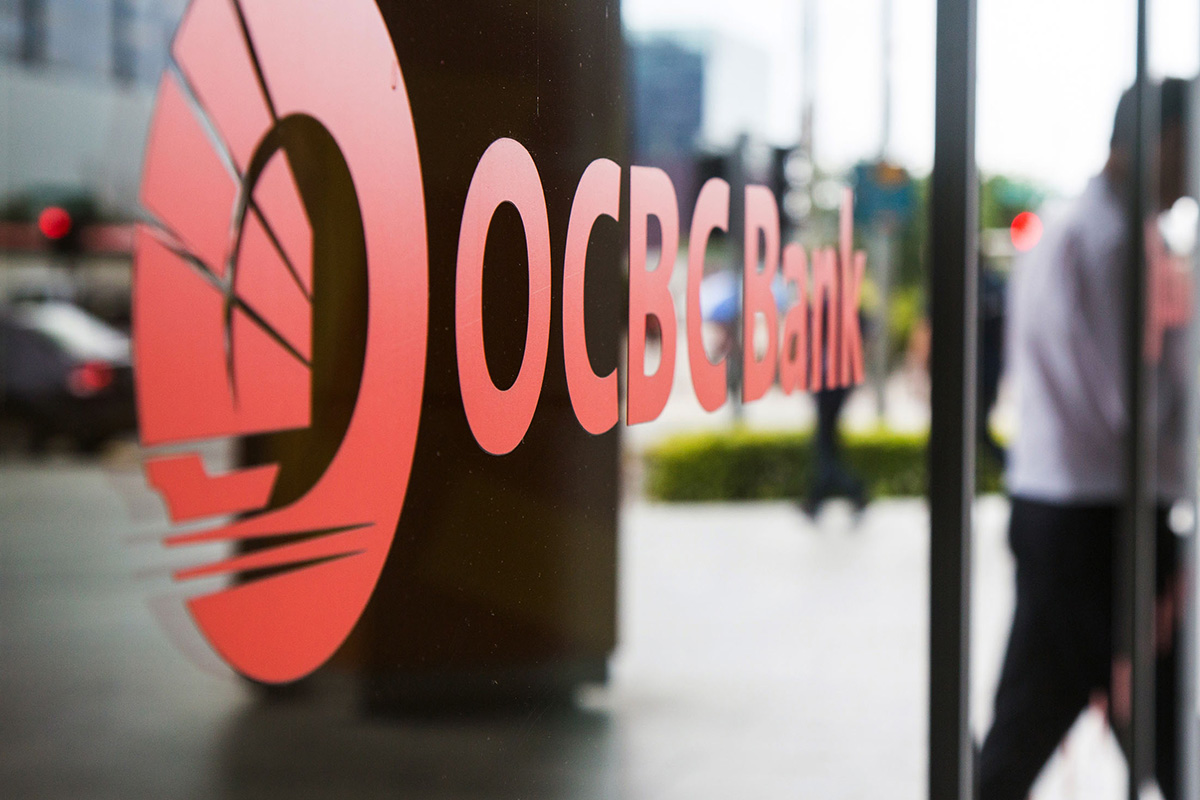
The International Finance Corporation has invested in $150 million in “green bonds” issued by Indonesian lender Bank OCBC NISP, the private sector arm of the World Bank Group said in a statement on Wednesday (01/08).
The five-year green bond, of which the IFC will be the sole subscriber, is the first ever debt paper issued by a commercial lender in Indonesia to fund environmentally friendly projects and help the nation mitigate the effects of climate change. The IFC and OCBC NISP signed a partnership agreement in Jakarta on Tuesday.
The green bond is also expected to support government programs aimed at achieving a 29 percent reduction in greenhouse gas emissions by 2030. Green projects, including the development of green buildings, renewable energy and infrastructure, are prioritized in terms of funding.
“This is a major milestone for the Indonesian banking sector as it’s expected to catalyze the development of the green bond market in Indonesia,” IFC chief executive Philippe Le Houérou said in the statement.
“In a country where green financing is relatively low, this first ever green bond by a commercial bank marks the first step in unlocking the potential of the green bond market in Indonesia to spur new financing for climate smart projects. The IFC is in discussions with other players and keen to provide investment and advisory support to help develop green financing products in the country.”
Indonesia is considered one of the world’s top greenhouse gas emitters – mainly due to forest fires – and the government has been under constant pressure from environmental activists to end deforestation and environmental degradation, especially in forest areas.
According to the National Development Planning Board (Bappenas), Indonesia reduced carbon emissions by 15.5 percent between 2010 and 2015.
In addition to its investment in the green bond, the IFC said it will support Bank OCBC NISP with advisory services, such as identifying projects that comply with the green bond principles and reporting assets considered environmentally friendly.
“We realize that sustainability is a long journey and the pioneering green bond is an early step for Bank OCBC NISP to help our clients to do business in more sustainable way and to contribute to positive developments and governments goals,” Bank OCBC NISP president director Parwati Surjaudaja said.
“Together with the IFC, we are looking forward to further collaborate and find innovative solutions that widen opportunities for economically, socially, and environmentally sustainable private investment,” he added.
OCBC NISP, the local arm of Singapore-headquartered OCBC Bank, is Indonesia’s 10th-largest lender, with Rp 170.3 trillion ($11.8 billion) in assets as of June 30 this year.
More to Come
The IFC said it has worked with the Indonesian government and the Financial Services Authority (OJK) to develop a sustainable financing roadmap for the country. Indonesia became the first Asian country to sell green bonds internationally when the government issued a $1.25 billion five-year green sukuk, or Islamic green bond, on Feb. 23 this year.
Speaking at a press conference in Jakarta on Wednesday, Houérou said the IFC is currently also in discussions with other private-sector players in Indonesia interested in issuing green bonds. He said there are several plans in the pipeline but declined to elaborate.
“The opportunity is huge. It’s big. It’s a new trend worldwide, but now it’s in the region and Indonesia. The private sector is seeing more and more opportunity, while the government is also supportive of the initiative,” Houérou said. He added that he chose OCBC NISP to invest in the green bond because the lender has been financing projects in renewable energy and infrastructure.
The IFC said it estimates that Indonesia may offer $272 billion worth of potential opportunities for green financing schemes.
Vivek Pathak, the IFC’s director for East Asia and the Pacific, said the green bond might not offer lower interest rates, but in the long run, it could attract a large pool of investors and also boost the company’s image and business prospects.
“When we were approaching the banks, the first question the banks ask is: ‘Would I get a lower interests rate?’ And my answer is no. But the thing is, there are investors that focus on climate financing exclusively. So there is a pool of capital out there, which these companies are able to access,” Pathak said.